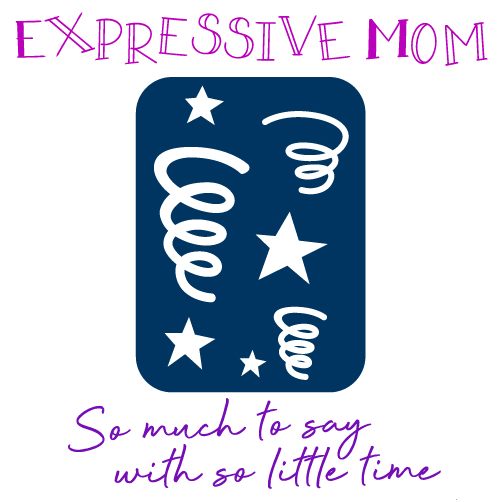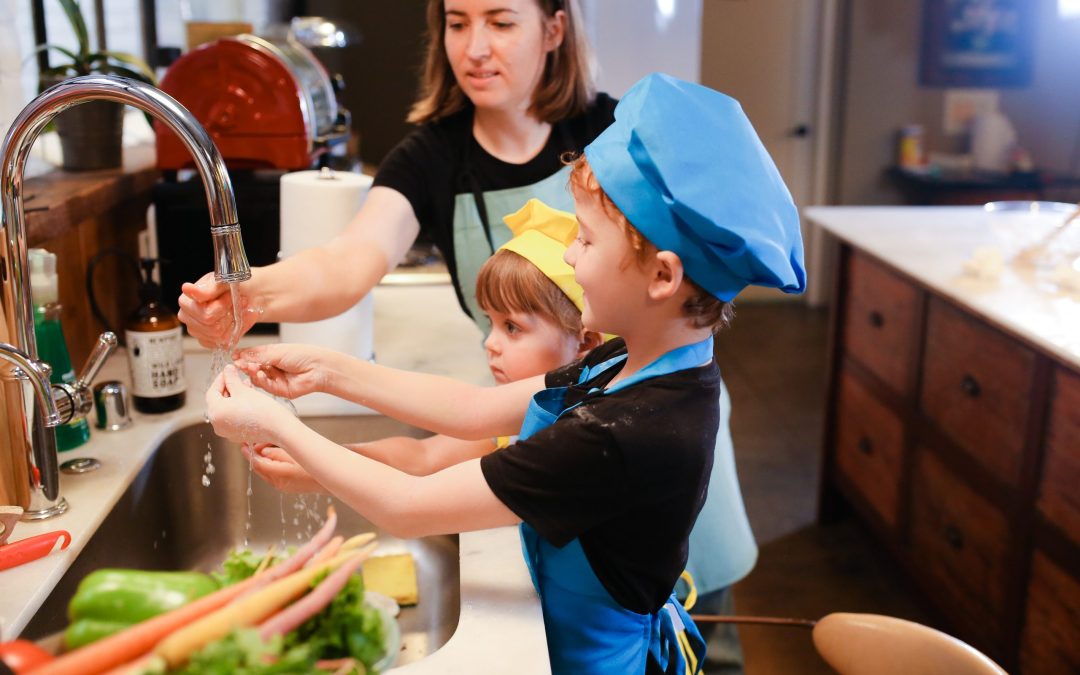Pexels photo by RDNE Stock project.
The bond between a parent and child is a remarkable force that profoundly impacts the child’s mental health and overall well-being. Extensive research has consistently demonstrated that positive and nurturing relationships between parents and children play a crucial role in fostering emotional resilience, building self-esteem, and promoting healthy mental health outcomes. In this article, we delve into the significance of connection within parent-child relationships and provide practical strategies for nurturing and strengthening this bond to support the mental health of both parents and children.
- The Significance of Parent-Child Connection: The parent-child relationship is the foundation for a child’s emotional development and mental health. Grounded in attachment theory, this connection lays the groundwork for a child’s sense of security, trust, and belonging. When children feel loved, heard, and understood by their parents, they are more likely to develop a strong sense of self-worth and emotional resilience.
- Responsive Parenting: Tuning into Children’s Emotional Needs: One of the key elements in nurturing a positive parent-child relationship is responsive parenting. This involves attuning to children’s emotional needs, creating a safe space to express their thoughts and feelings, and responding sensitively to their cues. Parents establish a deep emotional connection that fosters trust and validation by actively listening and demonstrating empathy.
- Communication and Emotional Openness: Open lines of communication are vital for building and maintaining a strong parent-child connection. Encouraging children to express their thoughts, feelings, and concerns without judgment or criticism creates an environment where they feel safe and valued. When parents engage in meaningful conversations about mental health and emotions, they reduce stigma and increase support, ultimately strengthening their bond.
- Quality Time and Shared Activities: Carving out dedicated time for one-on-one interactions and shared experiences is invaluable for nurturing the parent-child connection. Engaging in activities that promote bonding and create positive memories fosters a sense of togetherness. Consider hosting a celebration for your child’s milestones to strengthen emotional bonds. Inviting loved ones and organizing enjoyable activities and food can create lasting memories. The bounce house rentals can enhance the party experience. Choosing to spend quality time together instead of relying on screens shows the value placed on the relationship and can strengthen the emotional connection.
- Positive Discipline and Nurturing Discipline Techniques: Discipline is an integral part of parenting but must not undermine the parent-child relationship. Positive discipline focuses on guidance and teaching rather than punishment. By emphasizing mutual respect, understanding, and problem-solving skills, parents can discipline to preserve the connection and strengthen the bond with their child.
- Cultivating Emotional Intelligence: Parents play a vital role in helping children develop emotional intelligence. By teaching children about emotions, encouraging emotional awareness, and modeling healthy emotional expression and regulation, parents equip their children with crucial skills for understanding and managing emotions. This fosters emotional connection and builds emotional intelligence, which supports children’s mental health throughout their lives.
- Self-Care for Parents: Parental well-being is essential for cultivating a strong parent-child relationship. Recognizing the importance of self-care and taking time for oneself reduces stress and improves emotional balance. Engaging in activities that bring joy and seeking support from partners, family, or support networks are key to maintaining parental well-being and, in turn, nurturing the parent-child connection.
- Building Resilience in Children: Supportive and nurturing relationships are a foundation for building resilience in children. By providing consistent support, helping children develop coping skills, and encouraging a growth mindset, parents equip their children to navigate challenges and setbacks. A strong parent-child bond becomes a source of strength and support, enabling children to develop the resilience necessary for mental well-being.
- Seeking Professional Support: Parenting comes with challenges; sometimes, professional support may be needed. Recognizing when to seek help, whether for parenting difficulties or concerns about a child’s mental health. Accessing resources such as therapists, counselors, or support groups can guide and support parents, helping them navigate parenting challenges and ensuring the well-being of both the parent and child.
- Long-Term Impact and Lifelong Connections: The power of connection between parents and children extends far beyond childhood. As children grow into adolescence and adulthood, the positive parent-child bond influences their mental health and overall well-being. A strong relationship built on love, trust, and emotional connection provides a solid foundation for healthy relationships, self-esteem, and resilience throughout their lives.
- Investing in the Parent-Child Relationship: Nurturing a positive parent-child relationship requires ongoing effort and investment. It is a journey that evolves as the child grows and develops. By prioritizing the parent-child connection, parents can cultivate a lasting and meaningful bond that positively impacts both their own well-being and their child’s mental health.
In conclusion, the power of connection within the parent-child relationship cannot be overstated. Building and nurturing this bond is essential for supporting children’s mental health and well-being. Parents can foster a strong connection with their children through responsive parenting, open communication, quality time, positive discipline, and the cultivation of emotional intelligence.
Additionally, taking care of parental well-being, seeking professional support when needed, and recognizing the long-term impact of the relationship contribute to the overall mental health of both parents and children. Investing in the parent-child relationship is a lifelong commitment that yields lifelong benefits, creating a foundation of love, trust, and emotional support that enhances the mental well-being of both parents and children.



Connect With Me !